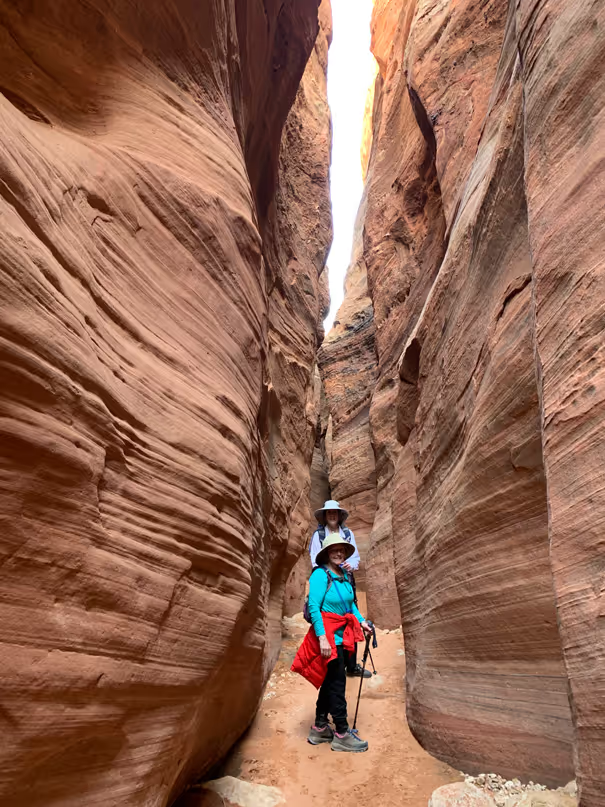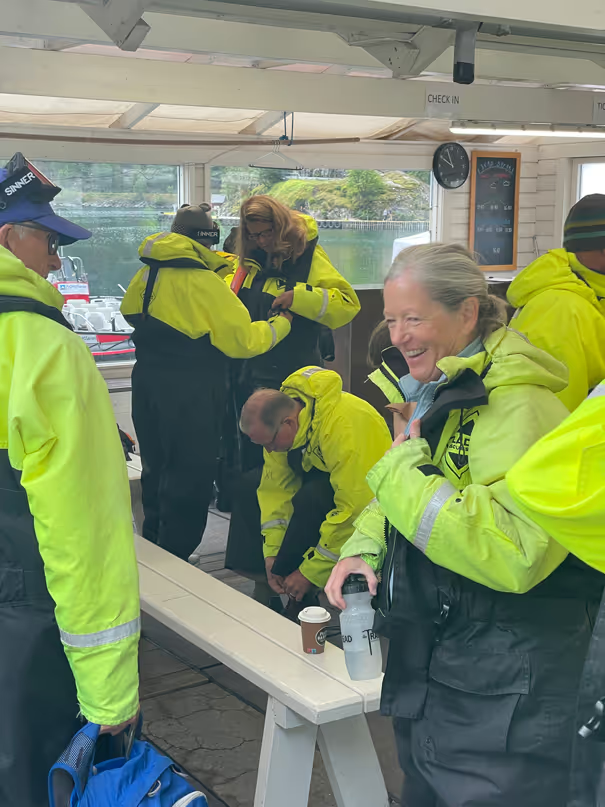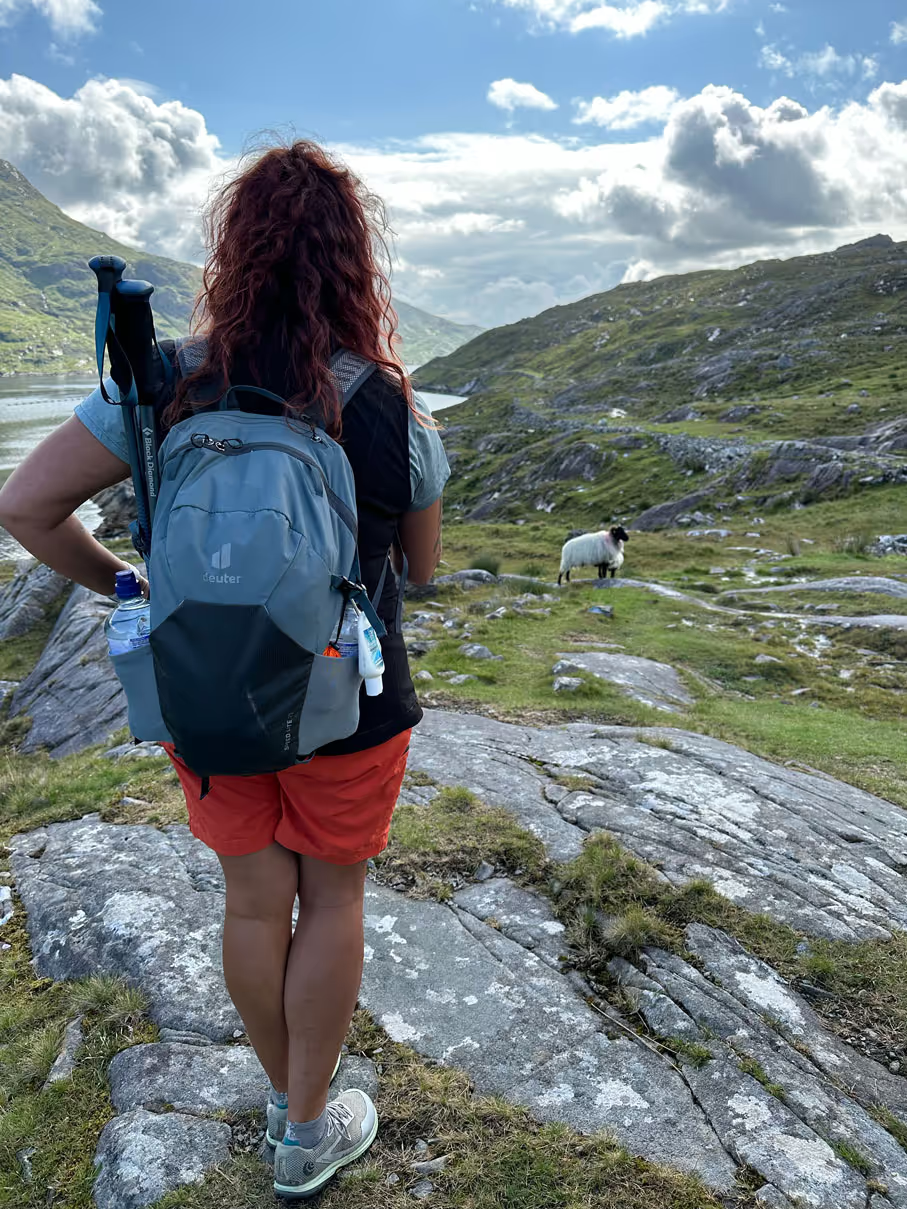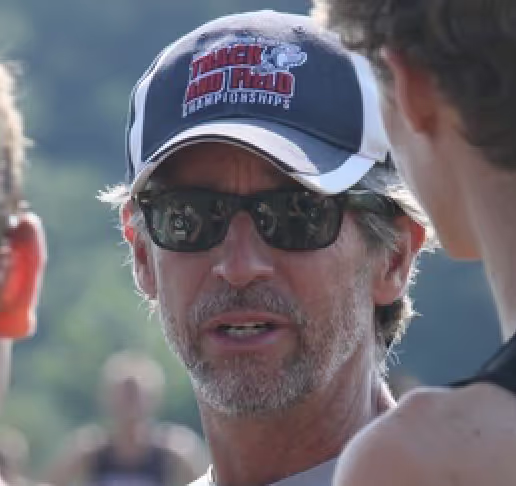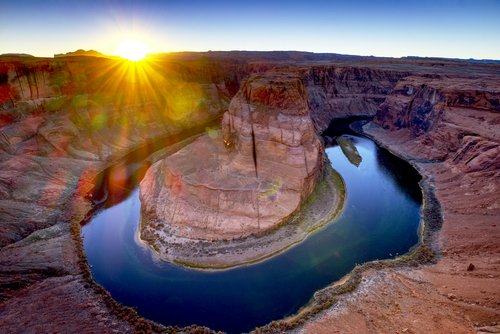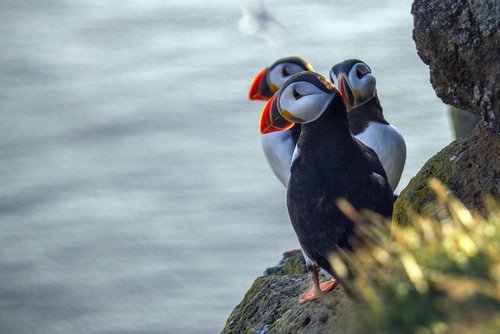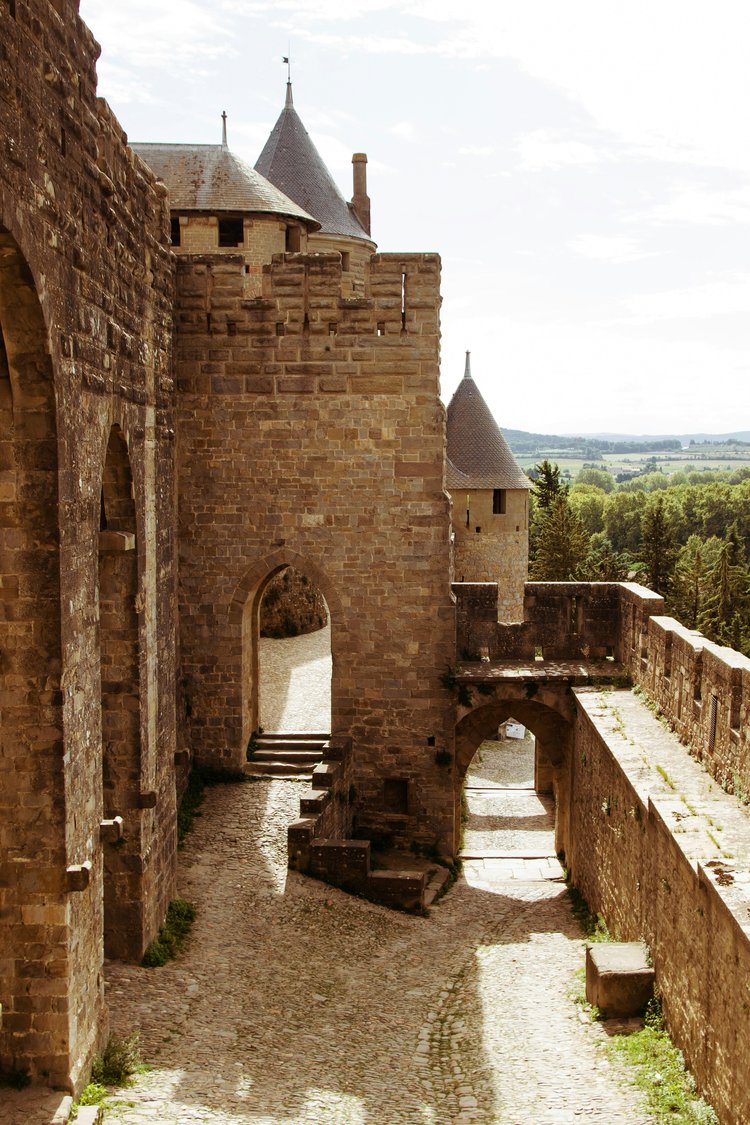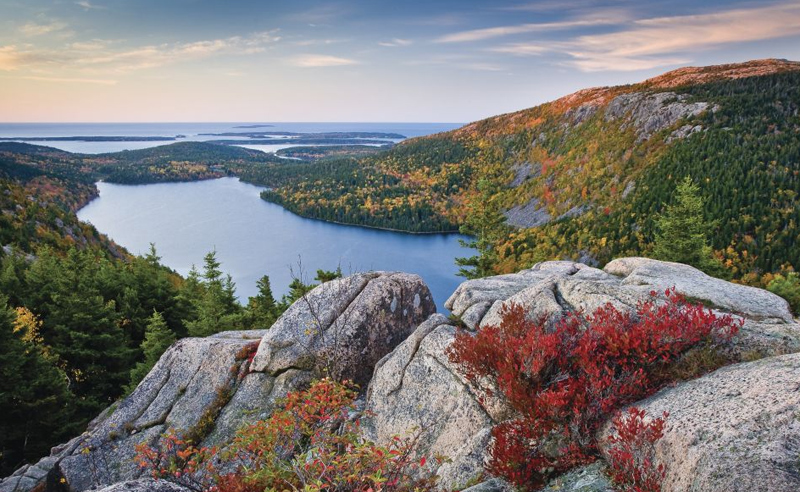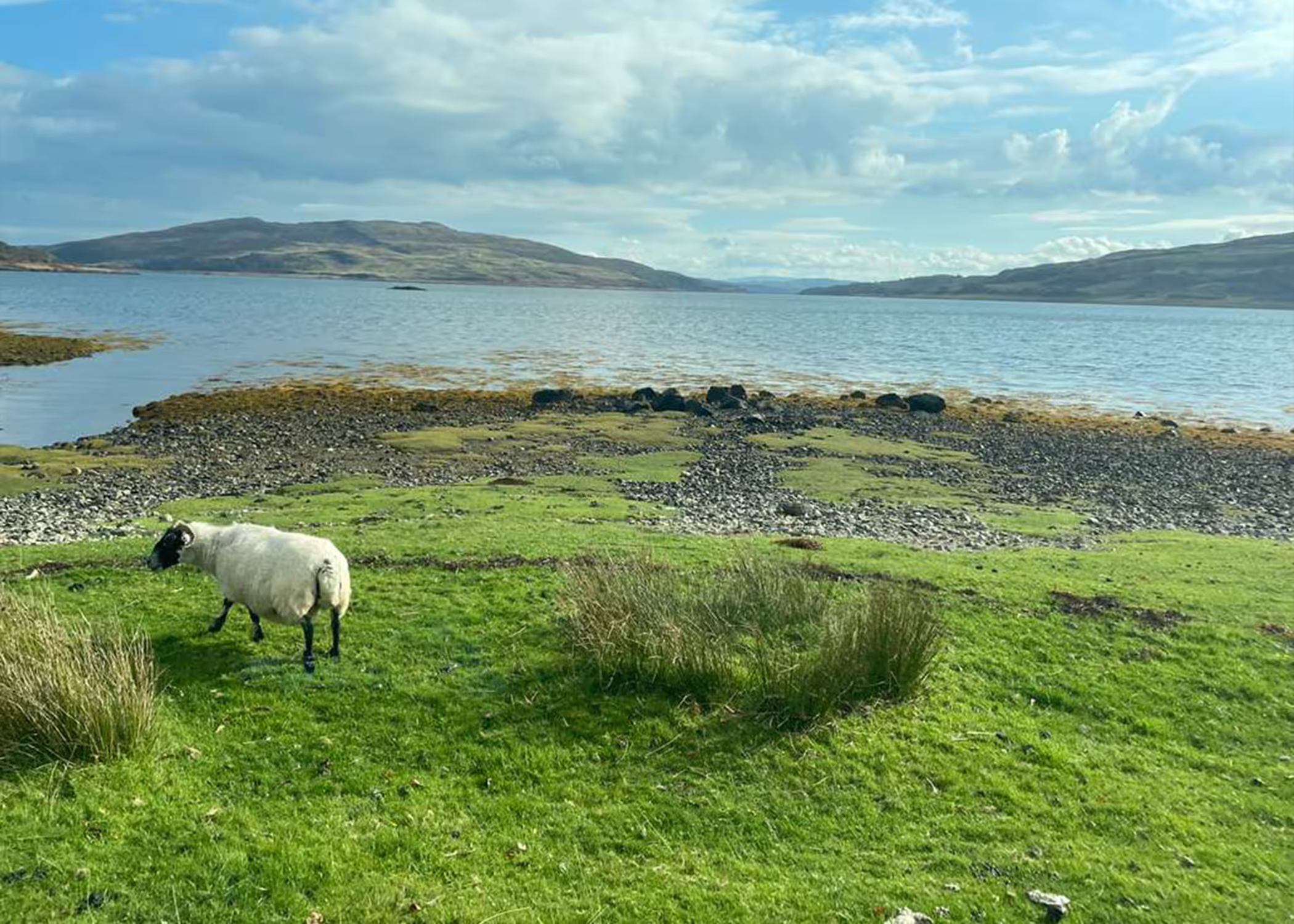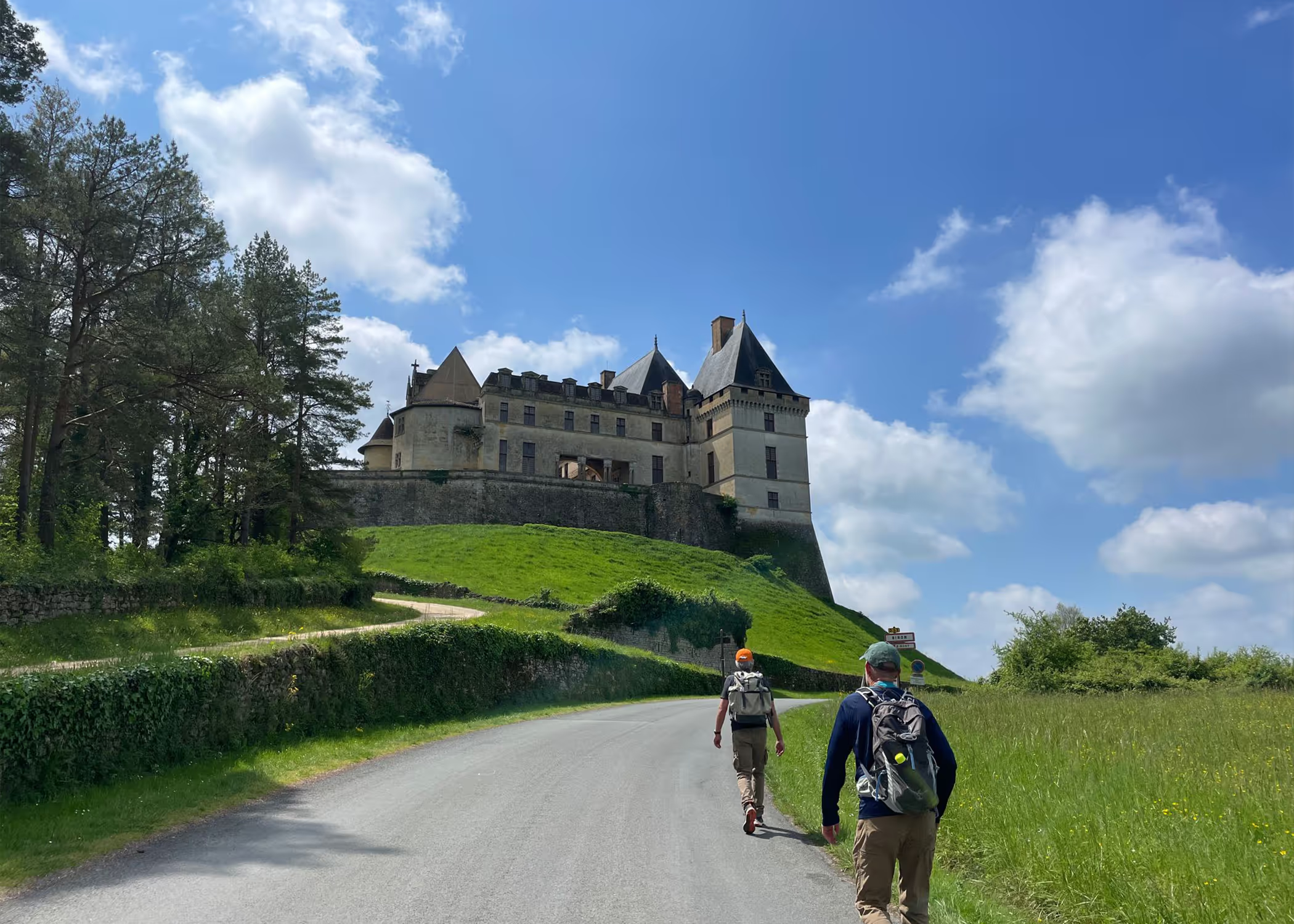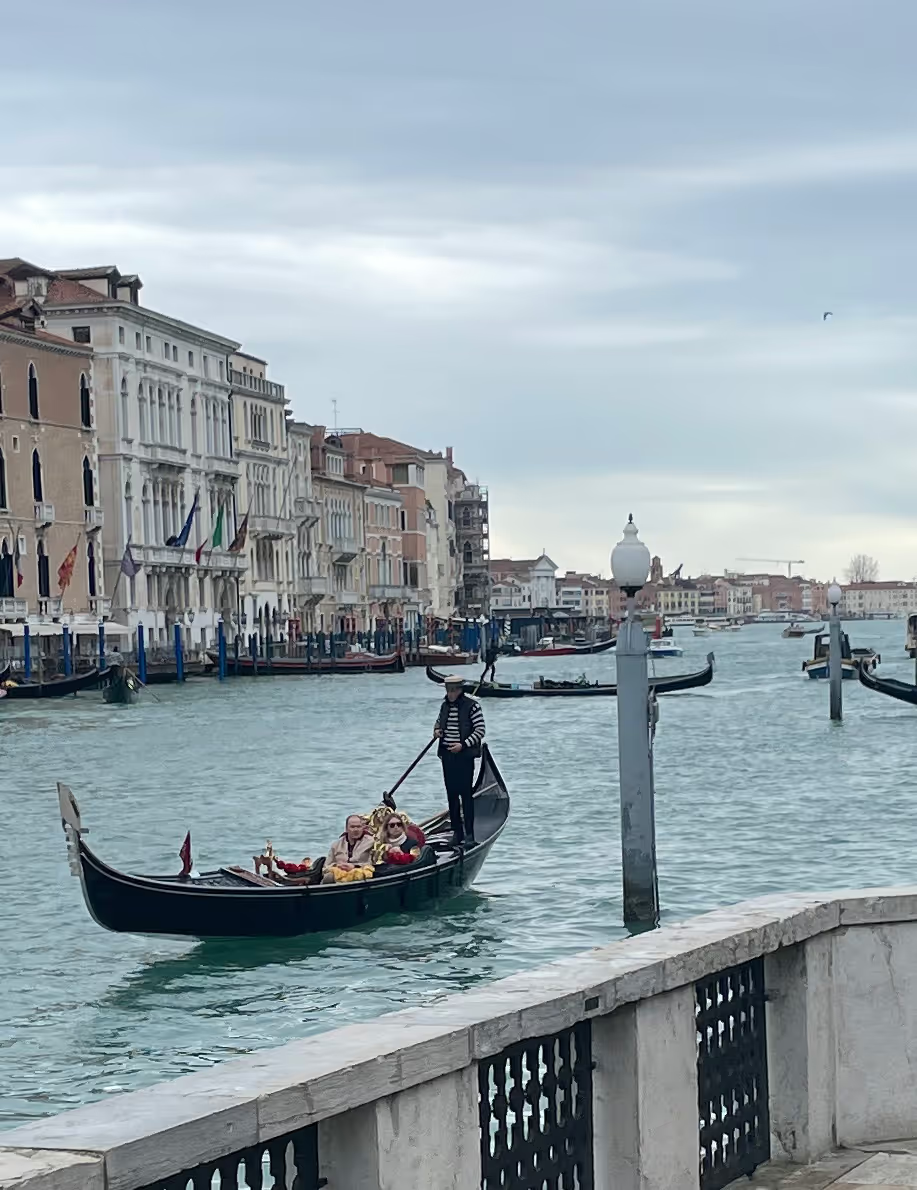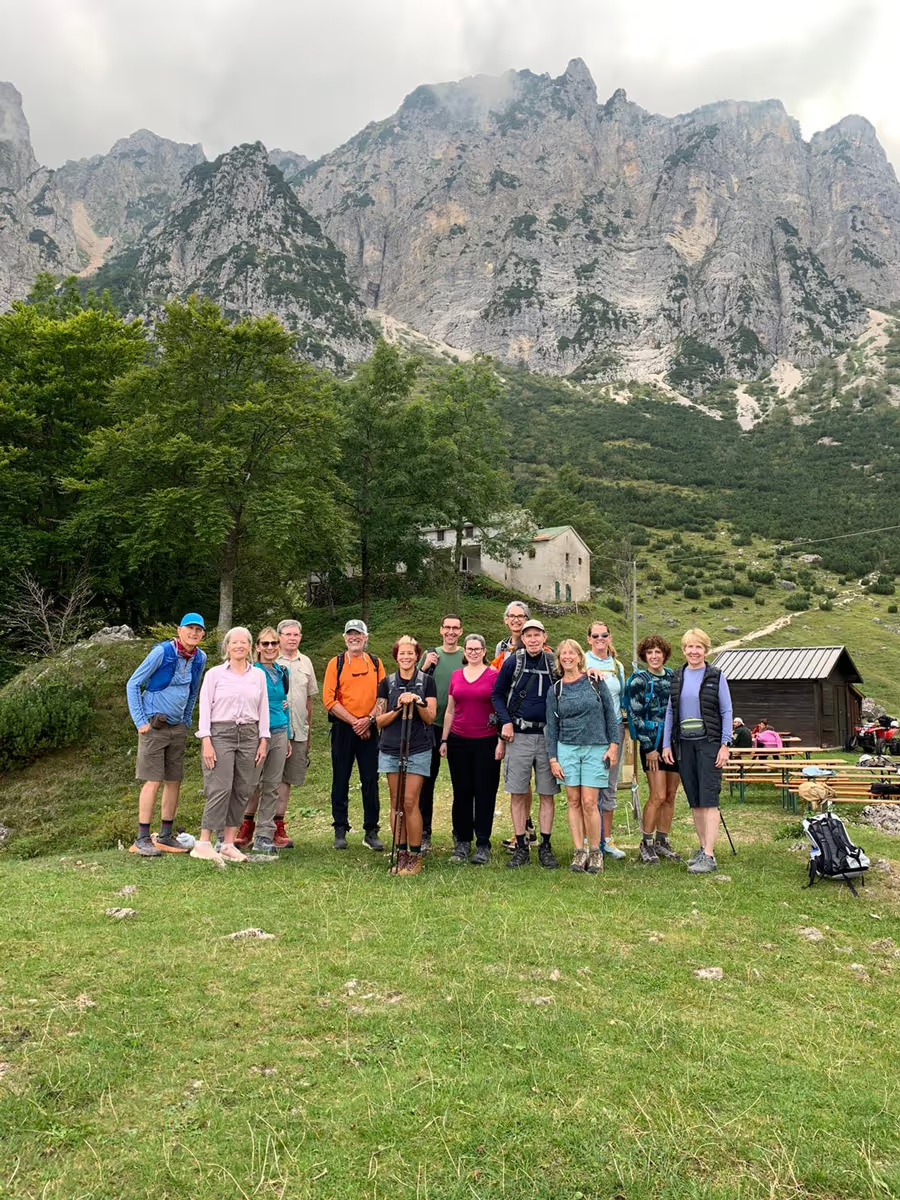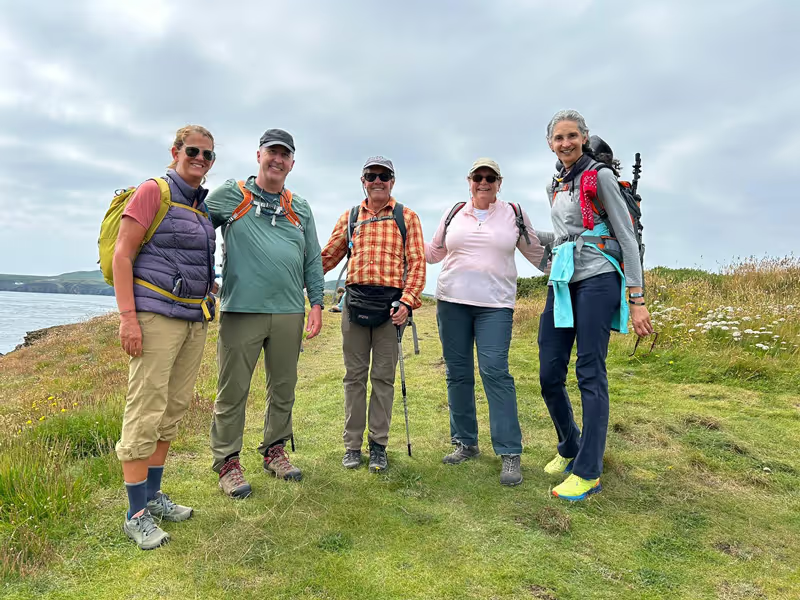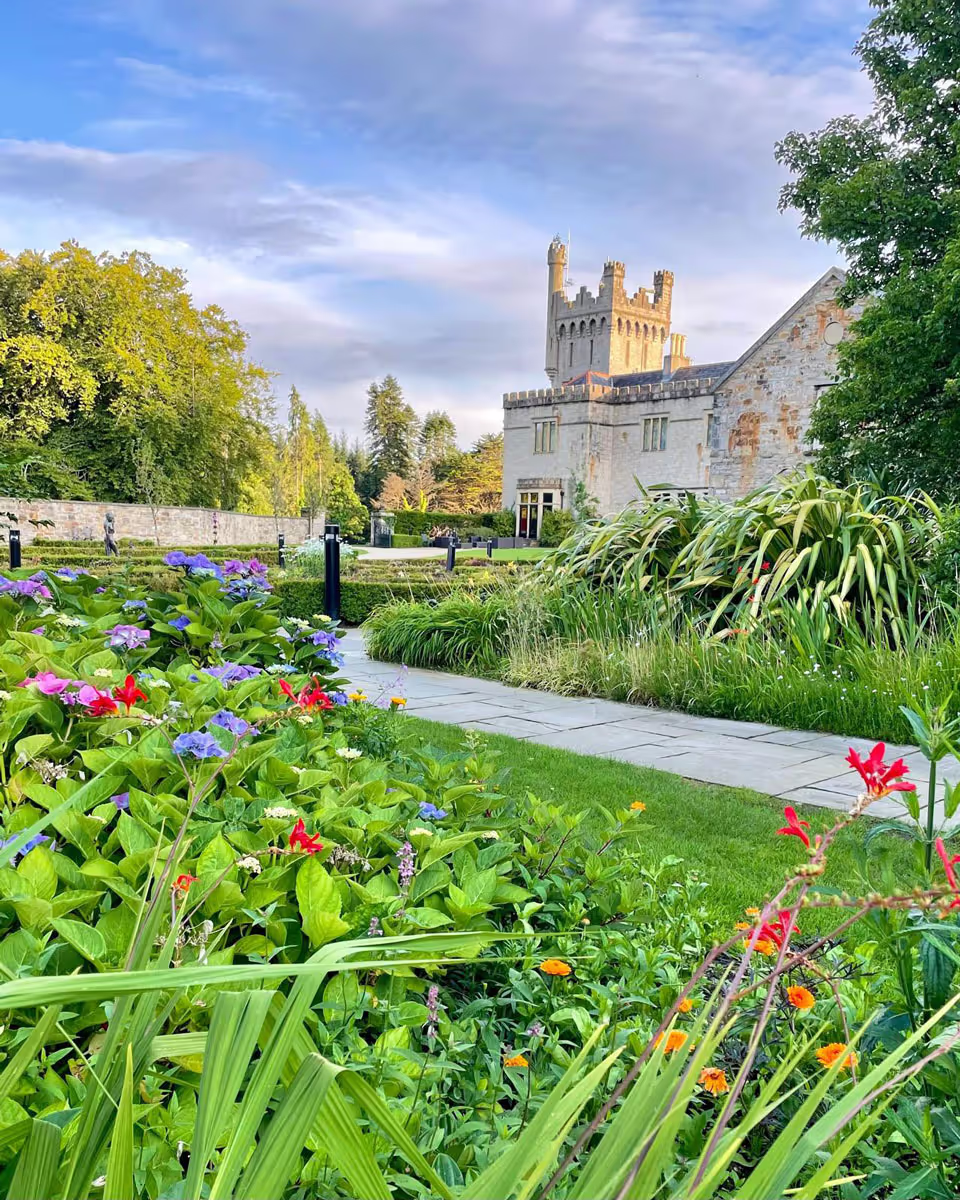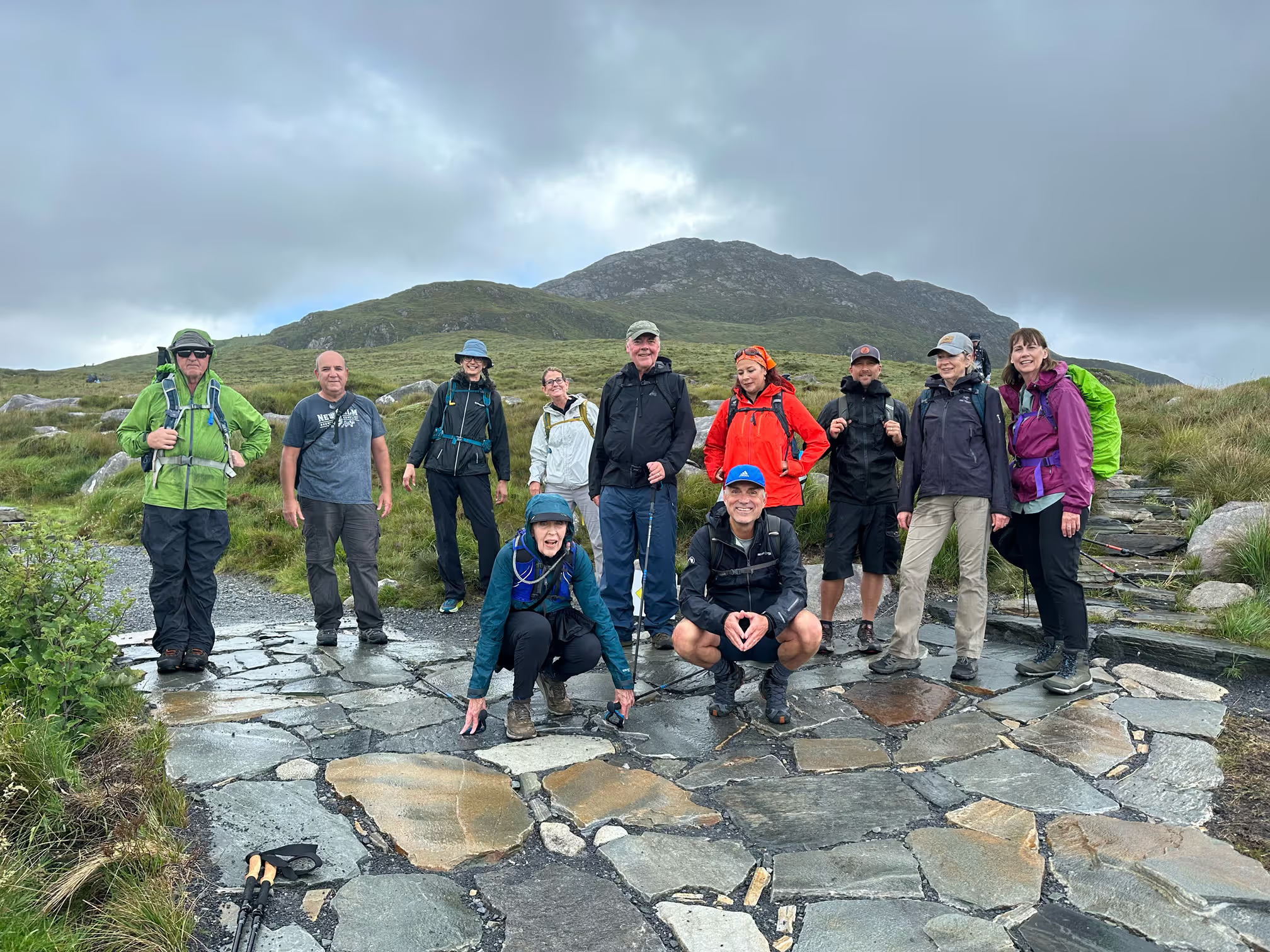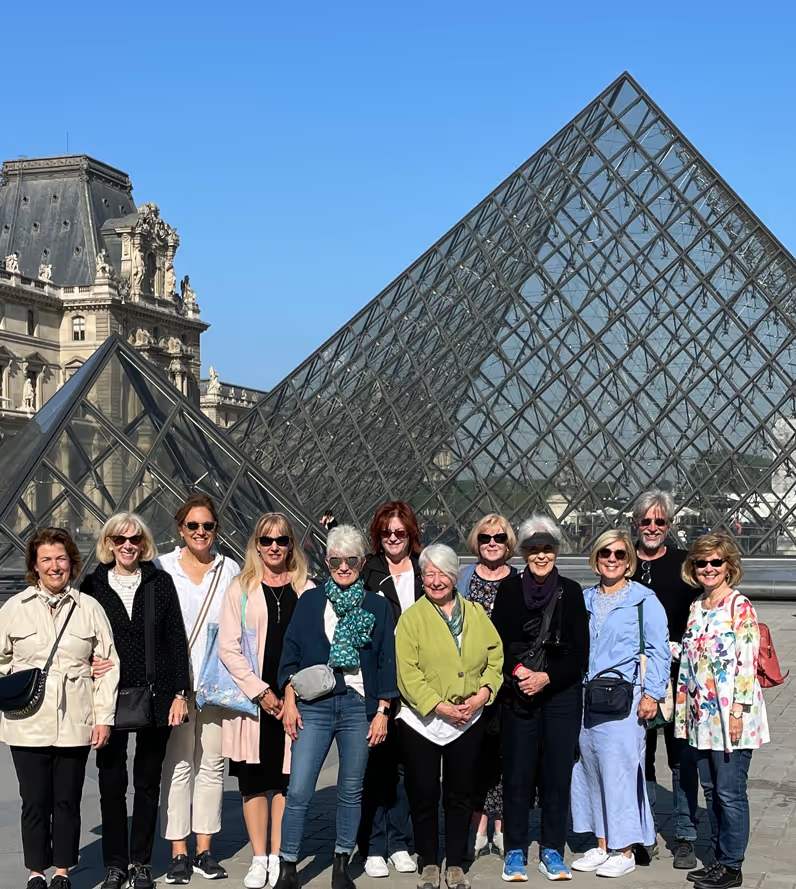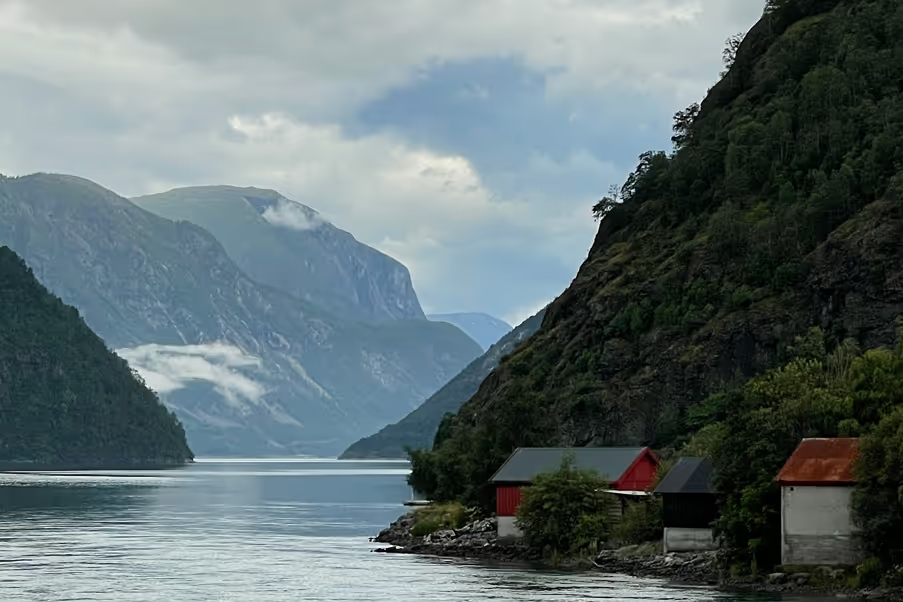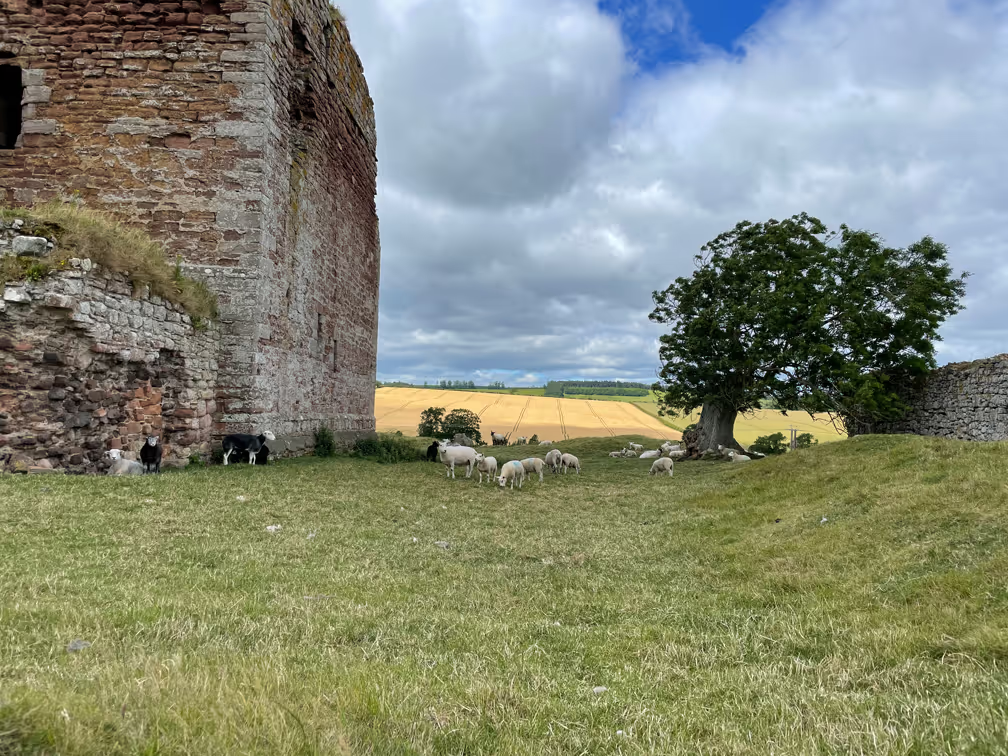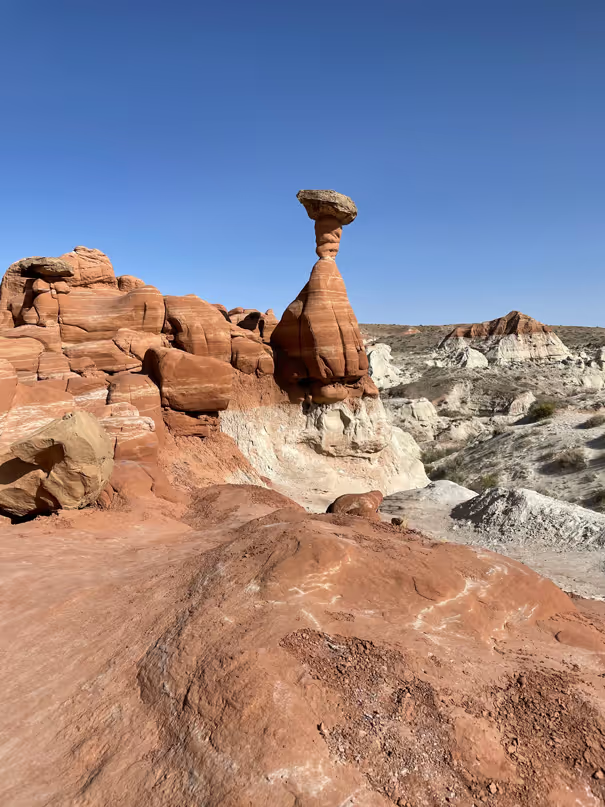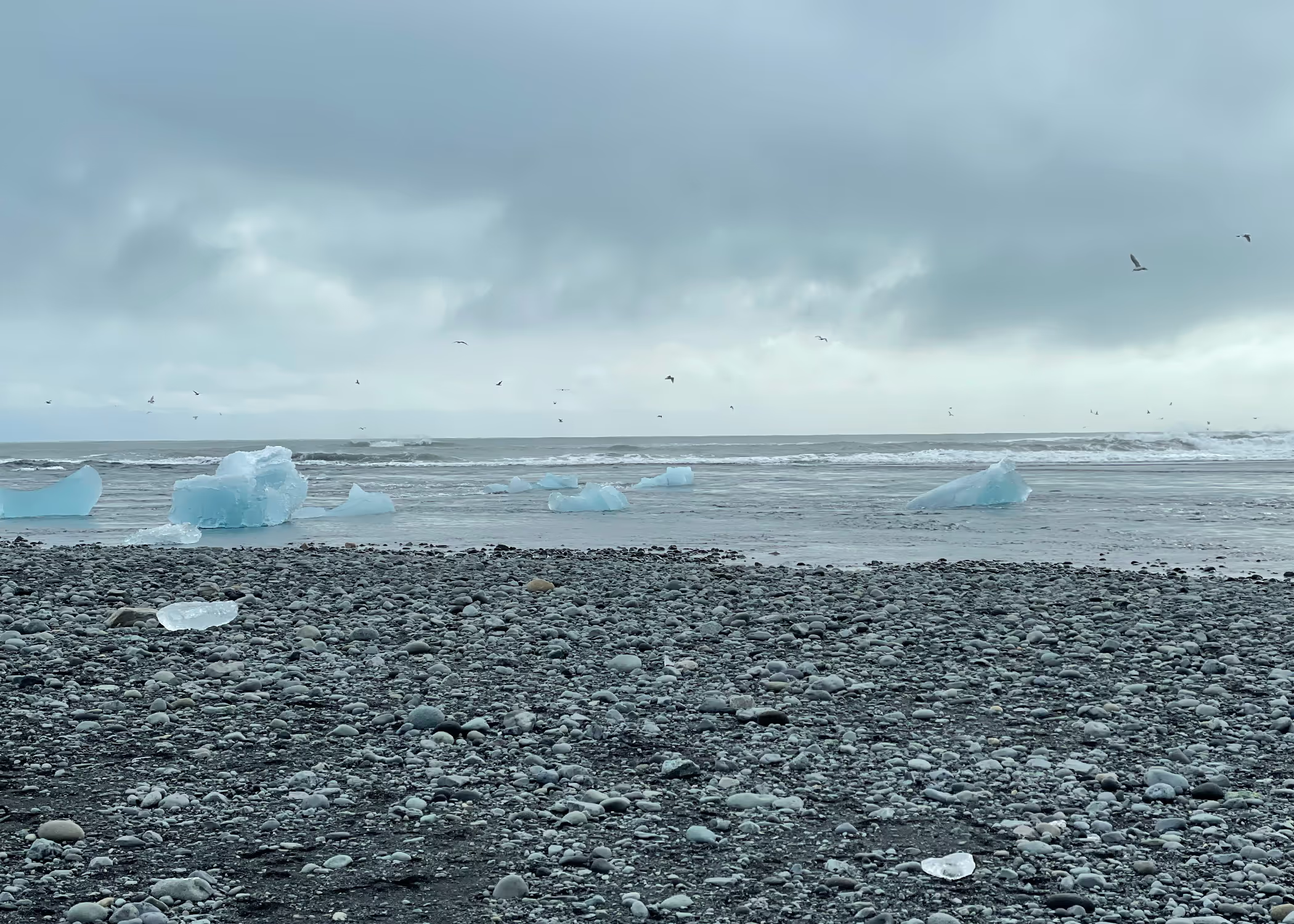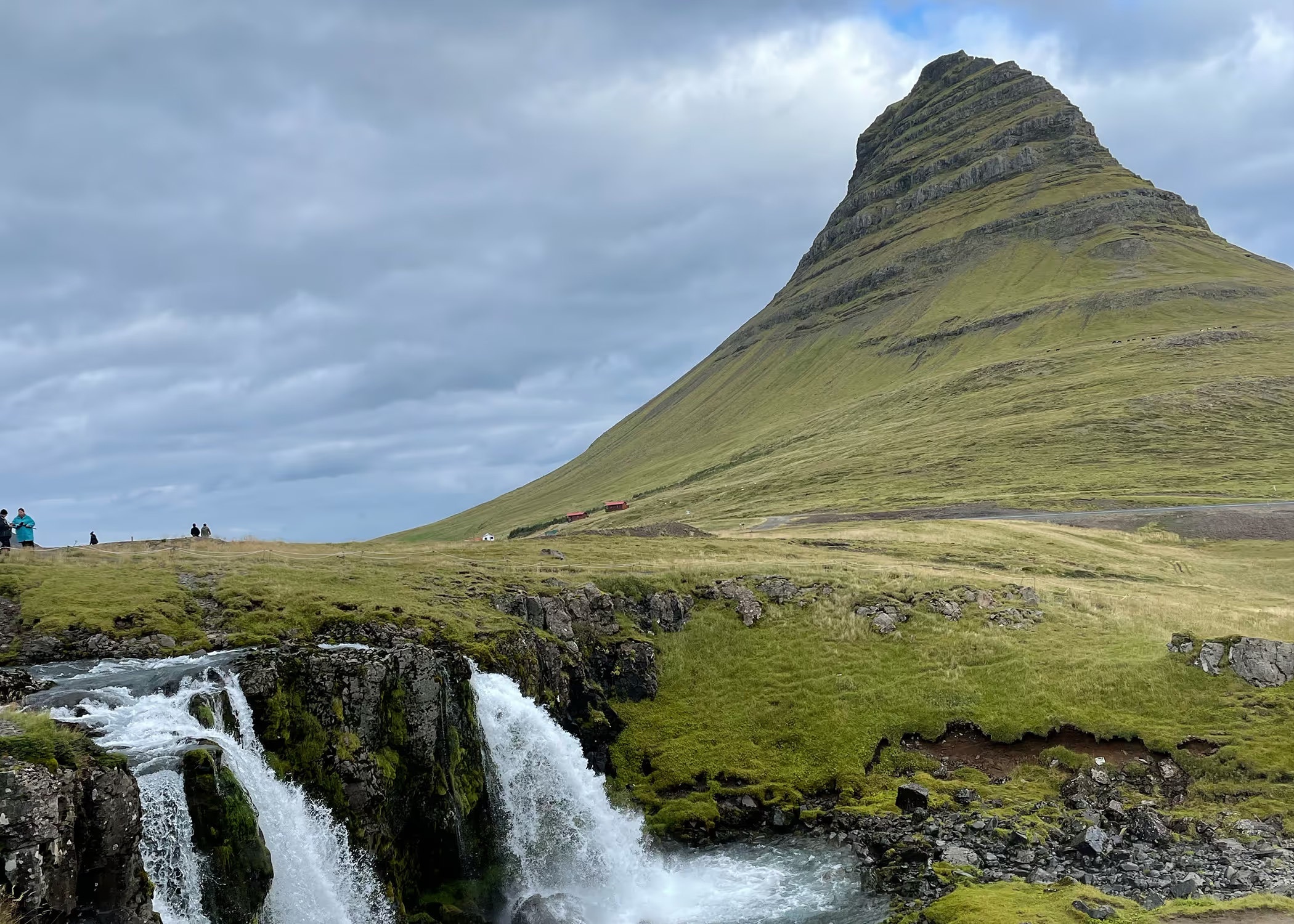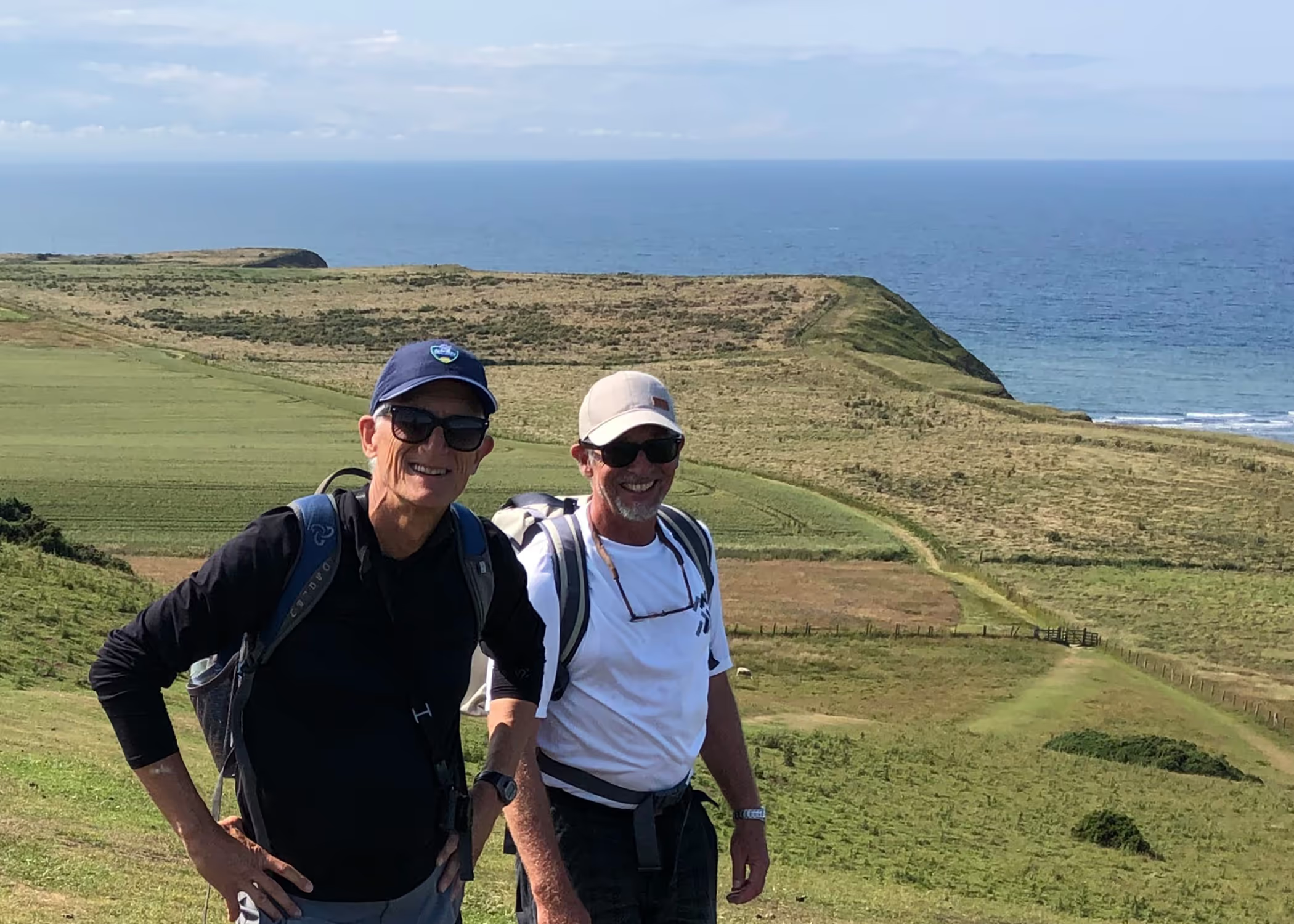Team Long Run Treks
Trekking with us supports Team Long Run financially and gives us a chance to get to know each other. A modest portion of the trip cost (any net profits) goes directly to fund TLR kids’ programs throughout the year.
Contact us or sign up for our trekking newsletter if you're interested in joining!
Join us on an upcoming trek
We’re thrilled to announce our newest lineup of immersive travel experiences in 2026, featuring Utah, Iceland, the Pyrenees, and a brand-new Maine Coast color tour in the fall. We’ve teamed up with Kelly, a friend and colleague who owns Olive Group Travel, to offer these trips as "philanthropic travel" opportunities. 100% of our net proceeds go to Team Long Run's youth programs!
Contact our trek team with any questions ➜How much should I bring?
For a week-long trip, we have found that a carry-on suitcase and one other personal item is the best combination. The standard carry-on size for international carriers is slightly smaller than that of the U.S. airlines. Check the website of your airline for the carry-on size. A cross-body purse keeps valuables safe. You will be carrying your luggage yourself, which may include up flights of stairs.
Is there specific footwear/gear that I will need to purchase?
If we’re hiking in the countryside, it’s a good idea to have waterproof lightweight hiking boots or hiking shoes. It’s especially important that you have broken them in well. Some hikers like to bring collapsible hiking poles which fit in their carry-on bag (there’s a risk the collapsible poles might be taken by an overzealous TSA screener if they’re in your carry-ons). If we’re mostly walking in the city, you should also wear great walking shoes. You’ll want to spend time on your feet, you might as well be comfortable!
Do I need to own a backpack? Day pack or something more substantial?
On longer hikes in the countryside, your day pack should be able to hold your rain jacket and pants, gloves, hat, your lunch (and snack!), and water (I suggest carrying 2 liters on warm days.) I’ll carry extra water and a first-aid kit for the group. If we’re walking in the city, I’d suggest carrying as little as possible. Most European cities still have issues with pick-pockets, and backpacks seem to be a popular target. Purses should be worn across your body in front of you. “Situational awareness” is always your best bet.
What about appliances like hair dryers and curling irons etc?
Do not bring American hair dryers, they will short out the hotels and most hotels have hair dryers available. Other appliances are the same. Most international electricity runs on 220v, in the US, we run on 120v. This means most appliances will be ruined if plugged into an international outlet. Try to bring clothes that don’t need much ironing. Ironing boards etc. are usually available.
Power Adapters?
You will need your own power adapters for the country you are visiting. Make sure it is for the right place as there are lots of models. You might want to bring two along and an emergency charger depending on how much you will be using your phone/laptop etc. A kit like this should cover any place Team Long Run would be traveling - Click here.
What toiletries should I bring?
Most hotels provide shampoo and soap and lotion. We suggest you not bring too much with you as you can always buy what you need in the country and save weight while going through security and the hassles of having lots of toiletries. Plus, if you are just bringing a carry-on, you will be limited on how many oz of shampoo, toothpaste, etc. that you bring.
Should I train for a hike?
You’ll have much more fun if you’re prepared to walk whatever distances we have planned. I find that the most fatiguing thing about a long walk is the amount of time we spend on our feet, so please don’t underestimate how long a walk may take. Gradually increase the time and distance you walk to prepare- don’t start too long or too fast. If our longest walk is twelve miles, that may take anywhere from four to over six hours, depending on terrain. Members of our group are encouraged to walk at their own pace. You’ll always have someone to walk with, and I’ll always be behind you! These walks are not races, and none of them are required. If you need a lighter day than is scheduled, or just want a “day off,” we’ll help you figure it out.
What is the difficulty level of the activity and/or how technical are the hikes?
The hikes will vary, even on the same trip! Most of our “trek” day hikes are between 6 and 15 miles (8-25k). None of the hikes are technical, and we try to be very transparent about the difficulty of the hikes. Experience has taught us to keep elevation gains at a moderate level.
How many hours can I expect to be exercising?
It’ll be easy to figure this out. If you know the distance you’re walking as you prepare, and then time yourself, you’ll be able to figure out your pace. Whatever it is, apply that to our planned hike. On my own, I usually walk just over 3mph on fairly level, even terrain. A 20-mile hike, then, would take me between 6 and 7 hours of walking, a 6-mile hike would take just under two hours. If my pace is 2mph, 20 miles may take 10 hours, etc. You get it.
Will there be some downtime to do my own sightseeing?
On our “city treks,” (Paris, Venice, etc.) there will be some scheduled down time. On our countryside or mountain treks, you’ll be pretty busy during the day. Evenings are usually wide open.
What happens if I get injured on a trip?
We’ll do our absolute best to see that you get the care you need. It’ll be our top priority, and we’ll be staffed to make sure you’re taken care of.
Should I buy trip insurance? If so, should it cover medical/airlifts, etc?
Most of our travelers have some form of trip insurance to cover the unexpected. Some purchase the emergency care supplement that covers airlifts and mountain rescue. That’s completely up to you.
Should I get local money before I travel?
That is not necessary and can be very difficult and/or expensive. If you bring your ATM card you can get money at the country of destination as soon as you get into the airport. Typically, there are ATMs that are easily accessible. You will be charged a fee for each withdrawal. Make sure your bank knows you’ll be traveling so you can use both your debit and credit cards.
Do all Credit Cards work internationally?
AMEX is not a very useful card in Europe. Visa and MC usually work but you want to be sure you have alerted your card company to your travel plans.
Passports and documents…What to do?
Make 2 copies of all your documents and credit cards. Keep one separate from the documents in your luggage and leave the other one with a trusted friend back home. In an emergency, you will be able to recreate the needed documents. We suggest you leave your passport in your room safe when we are in crowds. You can bring your driver’s license with you.
What sort of phone plan is best?
We use AT&Ts international plan which costs $10.00 a day. It allows for text and email and all phone calls. You should contact your phone carrier to see what they have available. Be careful of roaming fees!
How do I dial my phone?
We suggest you save Chuck and Hilary’s phone number (international) on your phone so you can dial them at any time. We will also give you clear instructions about how to call within and outside the country we are visiting when you arrive, if needed.
How do we communicate once we are in country?
We will have a WhatsApp list for easy communication. Please get the app so I can add you to the list. It is the most efficient way to group text in Europe.
Can I wash my clothes at the hotel?
Yes and No. There are rarely washing machines available in Europe for guests. Sometimes you can send your clothes out to be cleaned but it can take 3-4 days to get them back. Our advice is to limit yourself to clothes that can be washed out in your hotel sink and that dry quickly. Smart wool is great. No heavy cotton… We provide laundry detergent to our guests if they need it.
Will I be picked up at the airport or have to find my way to the hotel?
We will make every effort to pick you up at the airport. You may need to wait for others to join the group, and if you come in before the trip begins or very late we may need to arrange for another way to get you to the hotel.
What if I feel like staying in my room during the trip or doing something else than what is scheduled?
We very much want you to do what you want to do on all our trips. Logistically, we can’t support other activities, but you are welcome to stay in and rest or find another activity you prefer any day you wish. The only caveat is if we have reserved a ticket or meal that is non-refundable. This is Your vacation!
Tipping?
Every country is different, as is every trip. If we have a local guide, it is customary to tip them at the end of the trip. Since most dinners will be on your own you can decide what is appropriate based on whether the tip is already included (like in France) or not.
Do you have a question that's not answered here?
Reach out and a member of our trek team will get back to you!
Our trekking team
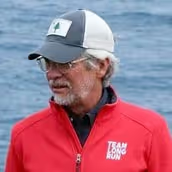
Chuck is an experienced traveler and trail guide, having trekked and led groups in the Adirondacks, Alps, Dolomites, White, Green, Berkshire, and Rocky Mountains, the canyons of the American Southwest, Coastal Maine, Brittany, Normandy, the Dordogne, Ireland, Iceland, Norway, the Lake District, the Scottish Highlands and Borders, The Fife Coast, North Umberland, The Yorkshire Dales, the full length of the West Highland Way, the Cleveland Way, St. Cuthbert’s Way, and Hadrian’s Wall. He has enjoyed eating with friends outside while walking since he was a boy.
One of Chuck’s favorite responsibilities is designing walks that balance the satisfaction of a challenge well met with plenty of fun. Appropriate daily distances, weather, elevation changes, and trail footing are all considerations when planning a trek. Chuck insists on “ground-truthing”* trips, preparing by walking every step of every trek prior to group arrival. This allows him to make adjustments accordingly. Once we get started, he quickly gets to know the walkers as well as he knows the walks.
Chuck is also an experienced cultural guide, having taught Studio Art, Art History and Aesthetics for eight years at independent schools in the New York area. A painter himself, Chuck has enjoyed leading museum groups of adults through diverse galleries and collections in Paris, Venice, Florence, and New York.
As a coach, Chuck loved seeing groups of young men and women arrive as strangers, only to quickly bond as friends and teammates, magically bringing out the best in each other. That same feeling, as well as the sound of unexpected laughter, is what he loves most about small group travel.
*Andy Bunten’s term, credit where credit is due.
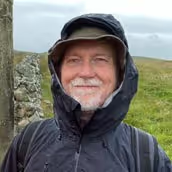
Andy has been an obsessive enthusiast about wildlife ever since he can remember. Educated at Cambridge, Newcastle and Imperial College, he then embarked on a career in nature conservation. He has worked for local government, wildlife trusts and, for 26 years, the RSPB. He initially worked in RSPB Scotland then headed south to be the Regional Director for the South East of England for 5 years before, in 1991, moving to the North of England to take up the reins of Director there.
An experienced lecturer, Andy has cruised extensively completing over 20 trips ranging from South America to the Philippines and from Argentina to Svalbard.
Now an Environmental Consultant, Andy is an enthusiastic traveler and has led wildlife groups to numerous places around the world including the Seychelles, France, Egypt, Costa Rica, Panama, Borneo, Norway and Spitzbergen.

Kelly McBane is a Certified Travel Advisor and owner of Olive Group Travel, specializing in group travel programs for nonprofit organizations such as Team Long Run.
With more than 12 years of experience in the travel industry, Kelly is also a recognized Oceania Cruises Specialist, curating exceptional cruise experiences for her clients to destinations including Alaska, the Adriatic Sea, the Baltic, the Galapagos, Japan, and beyond. She is passionate about creating meaningful journeys that blend cultural discovery, connection, and adventure.

Hilary grew up traveling and living abroad. She loves to share new experiences with other like-minded adventurers and can help communicate in France (where she used to live) and Wales and Scotland (where she can understand parts of the accent).
Making TLR's guests feel comfortable, safe, and cared for is her goal on all of our trips. Her role might be described as general factotum: driver, scheduler, guide-off-the-trails, and cheerleader.
Explore our trek archives
View some day to day descriptions and highlights from our past treks. The proceeds from each of our treks support our work with kids in high-poverty homes... that's why we call it philanthropic travel!
Contact our trek team with any questions ➜
